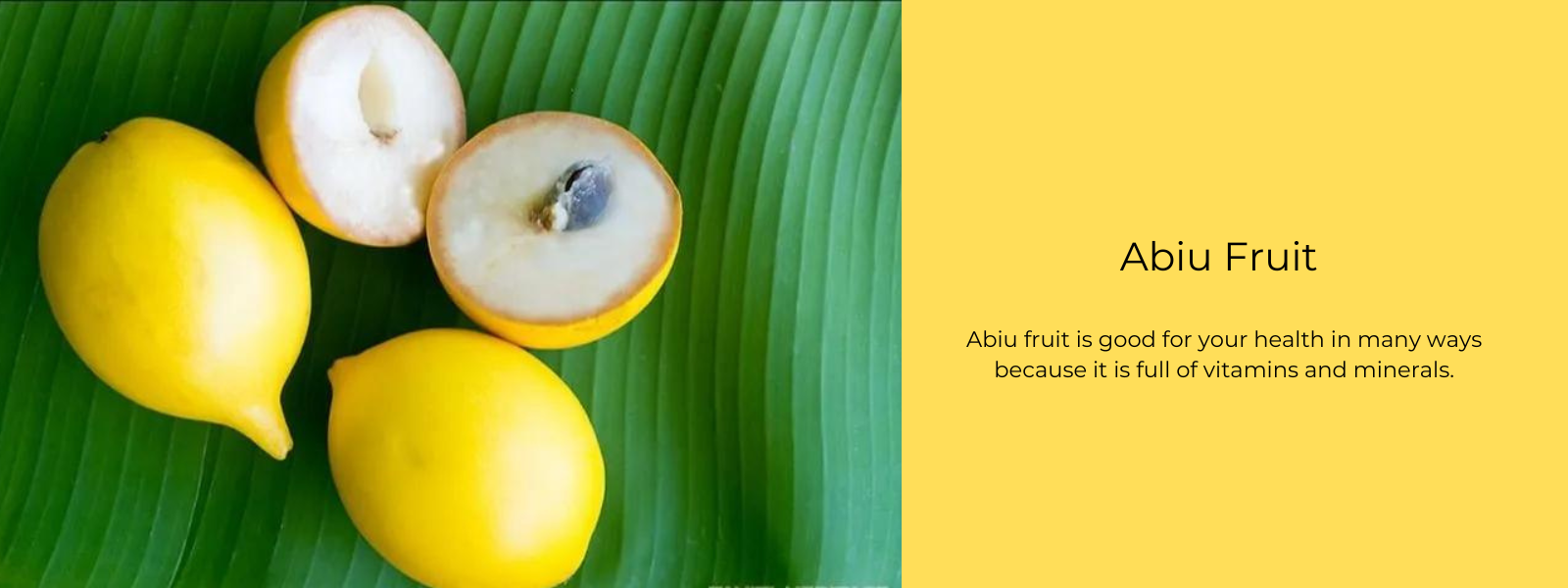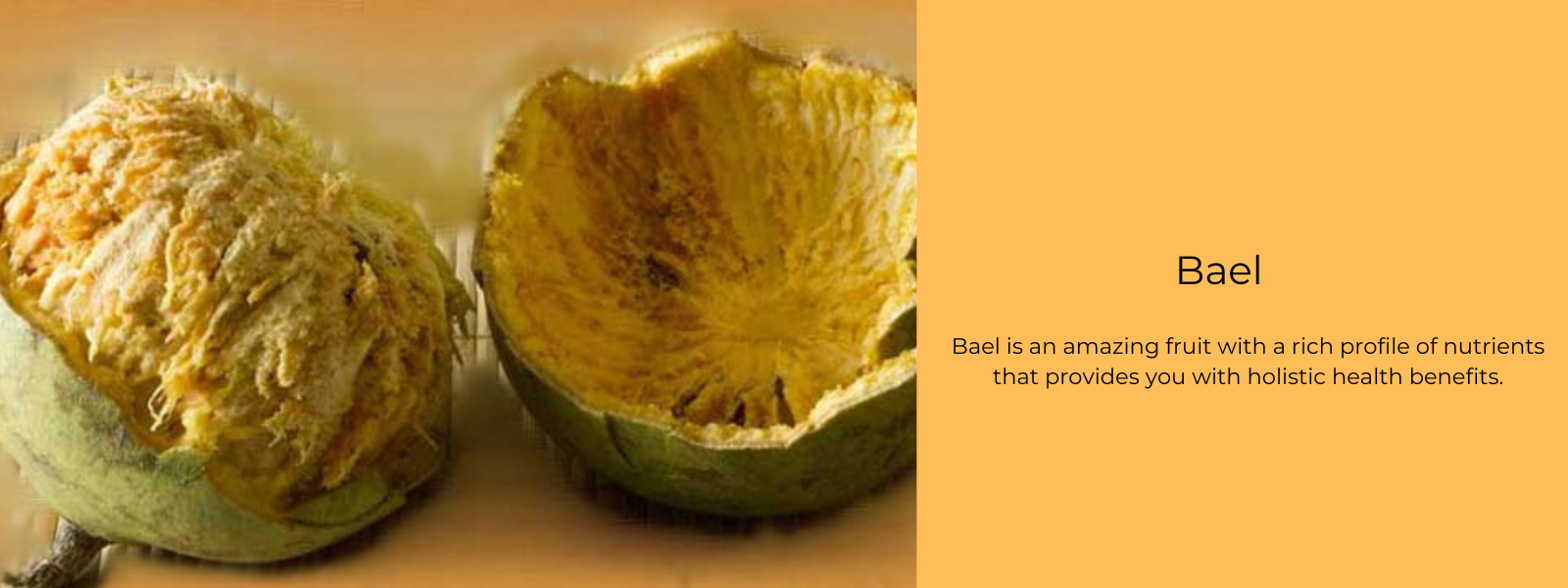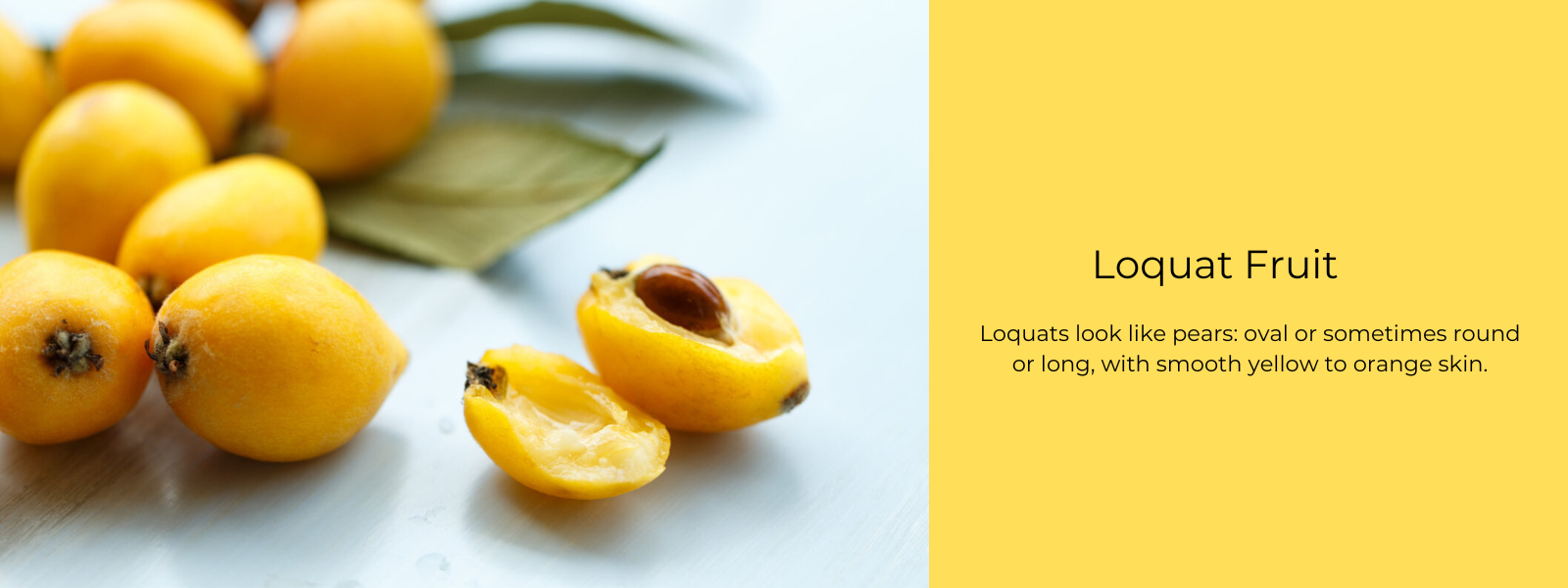A pear has a fibrous interior and is a soft, sweet fruit. They are abundant in dietary fibre, plant chemicals, and important antioxidants. Pears have all of these elements in a fruit with about 100 calories and no fat or cholesterol. Pears originated in and was domesticated in China and the Middle East.
Table of Contents
Types of Nashpati:
Pears come in more than 3,000 different varieties. They vary in size, shape, sweetness, and crispness.
Some of the more common types of this fruit include:
- Green Anjou
- Red Anjou
- Bartlett
- Red Bartlett
- Bosc
- Comice
- Forelle
- Concorde
- Seckel
- Starkrimson
Nutritional Value:
One medium pear weighing around 178 grams (g) contains:
- 101 calories
- 0.285 g of fat
- 26.9 g of carbohydrate, including 17.2 g of sugar and 5.52 g of fiber
- 0.676 g of protein
- vitamin C
- vitamin K
- Potassium
- calcium
- iron
- magnesium
- riboflavin
- vitamin B6
- folate
Health Benefits:
Promotes Weight Loss:
Pear is a healthy food to add in your diet if you're trying to lose weight because it has few calories. Due to its unusually high fibre content, particularly in the centre, it keeps you fuller for longer and is quite effective in preventing constipation and digestive problems.
Prevents Cancer:
Pears' antioxidant qualities can be used to destroy body's cancer-causing cells. The anti-carcinogenic properties of antioxidants are well known and have been linked to cancer prevention. According to certain research, pears' flavonoids and cinnamic acids, among other phytonutrients, helps lower the risk of cancer. The way that antioxidants function allows them to remove free radicals from the body, which promotes the creation of new, healthy cells.
Defends Against Cardiovascular Disease:
Minerals like salt and potassium are abundant in pears. These are essential for enhancing blood flow and fortifying the heart's muscles. The fibre lowers cholesterol and blood sugar levels, preserving the health of the heart.
Healthy for the skin and hair:
The most adaptable nutrient is vitamin A. It helps maintain healthy, attractive skin, hair, and nails. Pears are a strong source of vitamin A, which can help maintain healthy skin and hair. It is also fortified with nutrients including zeaxanthin and lutein, which are involved in a variety of organ processes and enzymatic reactions. As it lessens wrinkles and age spots, this also aids in maintaining youthful skin. Increase your intake of vitamin A if you want healthy skin and hair. One fruit that possesses this mineral in large quantities is the pear, allowing you to meet your daily intake recommendations.
Enhances bone health:
The fruit has considerable levels of copper, calcium, phosphorus, manganese, and magnesium, all of which are essential for maintaining healthy bones. Although only in very small amounts, these minerals are essential for maintaining strong bones. Pears help prevent and treat crippling illnesses like osteoporosis and bone mineral loss, thus those with these conditions are encouraged to incorporate them in their diet. It guarantees that your bones receive the necessary amounts of minerals for growth and defence against inflammatory diseases and other ailments.
Decreases inflammation:
Flavonoids and antioxidant compounds are abundant in pears. According to research, pears' anti-inflammatory qualities aid in lowering inflammation-related discomfort and swelling. Pears can help people with gout, arthritis, and other rheumatic disorders by reducing their symptoms and preventing further deterioration, which enhances overall quality of life.
Aids in enhancing blood circulation:
Due to their high iron and copper content, pears can be highly helpful for people with mineral deficits like anaemia, among other conditions. Red blood cell production is accelerated by higher quantities of iron in the body. On the other hand, higher levels of copper in the body help with iron absorption and the production of vital minerals.
You can avoid muscle weakness, cognitive impairment, exhaustion, and organ system dysfunction when your body has enough minerals to support the organs. For this reason, doctors advise both children and adults to eat meals that are rich in adequate amounts of copper and iron. You may make sure that pears make up a sizable portion of these crucial nutrients in your diet.
Precautions:
Pears are one example of a fruit that has a high FODMAP content since they have a greater fructose content than glucose.
The term "FODMAP” stands for fermentable oligosaccharides, disaccharides, monosaccharides, and polyols", which refers to many kinds of short-chain fermentable carbohydrates. For those who are sensitive to FODMAPs, a diet low in these kinds of carbohydrates help reduce frequent stomach symptoms.
For instance, a diet high in FODMAPs may make some people with irritable bowel syndrome experience more gas, bloating, pain, and diarrhoea (IBS). For this reason, before putting pears in the diet, patients with IBS should see a dietician first.











Leave a comment